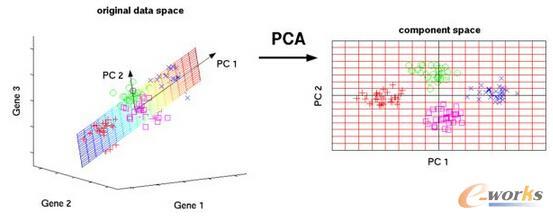Experimental designs with hierarchically-structured errors are pervasive in many biomedical areas; it is important to take into account this hierarchical architecture in order to account for the dispersion and make reliable inferences from the data. This paper addresses the question of estimating a proportion or a ratio from positive or negative count data akin to those generated by droplet digital polymerase chain reaction experiments when the number of biological or technical replicates is limited. We present and discuss a Bayesian framework, for which we provide and implement a Gibbs sampler in R and compare it to a random effect model.
翻译:暂无翻译
相关内容
Arxiv
1+阅读 · 2023年6月21日
Arxiv
0+阅读 · 2023年6月16日




